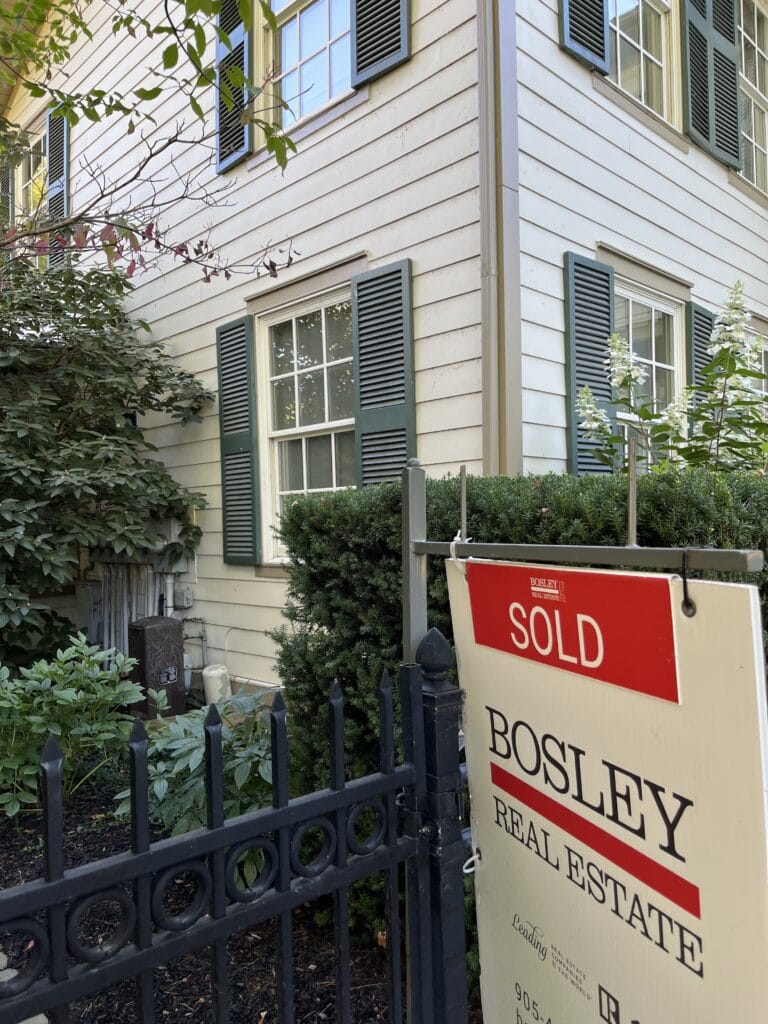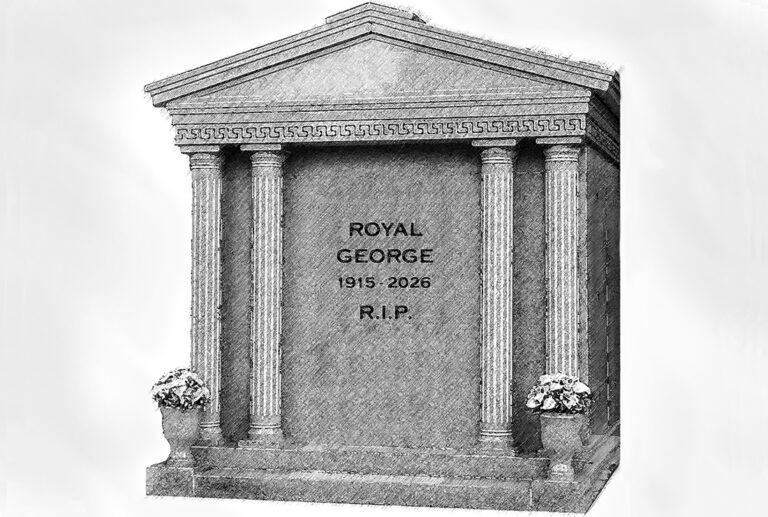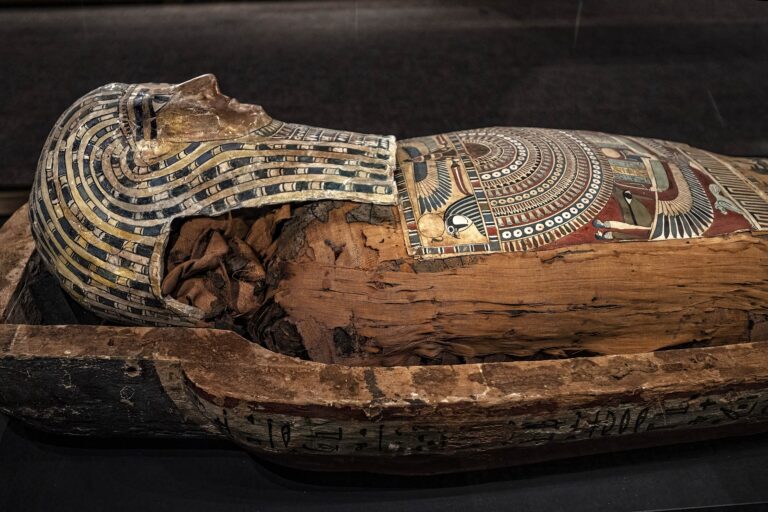I like to believe we live in a civilized society. Since the time of the Greek philosopher Aristotle, individuals — all far smarter than myself — have cogitated upon what constitutes a civilized society. The vast majority believed that a functioning democracy was a necessary component thereof.
But, what core principles are necessary in a functioning democracy?
One of the best answers to that question I’ve come across was written by Jonathan Day and published on April 12, 2022, by the Civil Liberties Union for Europe.
Titled “14 Principles of Democracy,” this article outlines in brief and succinct terms 14 principles that are necessary components of a functioning democracy.
Now, I’m not going to visit this article in its entirety (should you wish to do so, it can be found here: liberties.eu/en/stories/principles-of-democracy/44151), but rather draw on certain points.
So, let’s begin with number one: “Participation of citizens.” In Day’s words, “By its very definition, democracy allows the people a voice in charting the course of their government and their future.”
He continues, “… citizen participation is the foundation that makes democracy strong. Participation is not just voting on election day, although this is surely its most notable form. But equally important are public debate, town meetings and peaceful protests, among other things.”
From there he speaks to the principle of equality, writing, “It is not only important but necessary that all people are treated equally in a democracy.”
And follows on by suggesting the “most fundamental element of democracy” is that the vote of each and every citizen, whether prince or pauper, counts the same.
Next, he raises accountability and posits that “People entrust powers to those they elect, and they are tasked to use those powers to enrich their communities. Politicians are accountable to the people, must act consistent with their will, and have a duty not abuse their power to enrich themselves and their friends.”
Transparency follows, a term that Day defines as such: “Transparency means government actions are clear to the people, as are the results and outcomes.”
He elaborates, “Information of the government should, with few exceptions, be available to the public upon request, journalists and people alike should be able to ask their politicians questions, and groups that work on transparency should be free to operate.”
On the principle of political tolerance, he submits that “In a true democracy, the rights of all citizens are equal and must be respected regardless of who’s in power.”
Further down in the article, one finds that control over the abuse of power is seventh on the list and here Day argues that “Democracy can only survive if everyone buys in – the citizens through their support on voting day and all other times of year, and politicians by playing by the rules and working to improve the lives of everyone.”
He continues: “Abuse of power occurs when a government decides it is above the law, when politicians believe a different set of rules apply to them, when the levers of the state are moved to favour only a certain segment of society at the expense of others …”
The final principle Day considers a requirement in a democracy is the rule of law, and he writes, “… a nation’s laws apply equally to all people, and everyone, especially the government, must play by the rules.”
“It means that the rights and freedoms and democratic processes … are respected and nurtured,” he writes. “And it means that the laws are also enforced in a fair and consistent way, and there’s an independent body, like the courts, to settle disputes that do arise.”
Day’s considered article echoes many of the thoughts of historical figures who have contemplated the principles and ramifications thereof vis-à-vis democracy.
Over two millennia ago, Aristotle wrote, amongst other writings on the topic, “For, if liberty and equality, as some persons suppose, are chiefly to be found in a democracy, it must be so by every department of government being alike open to all; but as the people are in the majority, and what they vote is law, it follows that such a state is a democracy.”
In 1690, English philosopher John Locke wrote in his “Two Treatises of Government” the terse statement, “Wherever law ends, tyranny begins.”
Thomas Jefferson, 1780, famously wrote, “Equal rights for all, special privileges for none.”
In James Madison’s 1788 defence of the American constitution, he stated, “Since the general civilization of mankind, I believe there are more instances of the abridgment of the freedom of the people, by gradual and silent encroachments of those in power, than by violent and sudden usurpations”.
I could go on ad nauseam but, will refrain from doing so and will instead turn to asking a number of questions concerning the state of civilized society (functional democracy) in our wee town.
Do you feel your voice is heard — particularly reflective of the level of public debate (notably illustrated by the letters to the editor published in this paper), the limitations imposed on the number and length of citizen delegations presented to council and the characterization of a peaceful protest as “appalling” — in “charting the course of government” with regards to council decisions that affect your future?
In consideration of a variety of council decisions, including but not limited to Parliament Oak, 225-227 Mary St., White Oaks in Glendale, etc., do you think our elected “representatives” believe themselves to be accountable to the people and must act consistent with the will of those voting citizens?
Are the actions and decisions of council – and town staff – consistently transparent to the public or too often conducted behind closed doors?
Do all the decisions of council reflect equal benefits that flow to all NOTL citizens or do some of those decisions appear to favour certain segments at the expense of others?
I leave these questions to you, dear readers, to ponder.
As a final observation, representative democracies, like ours, are formed as an expression of the will of the people and, as former American House Spaker Henry Clay observed in the early 1800s, in a democracy, “Government is a trust and the officers of the government are trustees, and both the trust and the trustees are created for the benefit of the people.”
One of the charges vested in those trustees is to ensure that those “benefits” are safeguarded, even when that undertaking requires the expenditure of public dollars.
Here in Niagara-on-the-Lake, I suggest that one of the primary “benefits” is the character and heritage of the town that we have inherited.
And, when a part of that inheritance is threatened, I argue that our elected officials are obligated to fight for its preservation.
Moreover, this is an ongoing responsibility — not a one-time thing — since NOTL’s unique legacy will continue to be periodically challenged by those who are not vested in the town and whose principal motivation is simply making more money.
I contend that the assertion this protection is not worth expenditures from the public purse is tantamount to suggesting that funding the police services is not worth it.
After all, that’s another ongoing war conducted for the benefit of the people, in which we sadly, and too far often, lose individual battles in court.
However, because we do have the police (thank God) and wage that never-ending war, our society maintains a reasonable level of safety and security.
The protection of our town’s unique legacy — within all its boundaries — deserves no less.
And forgive me, but I have to leave you with one more quote… this one attributed to Edmund Burke:
“Nobody made a greater mistake than he who did nothing because he could do only a little. The only thing necessary for the triumph of evil is for good men to do nothing.”
Brian Marshall is a NOTL realtor, author and expert consultant on architectural design, restoration and heritage.











